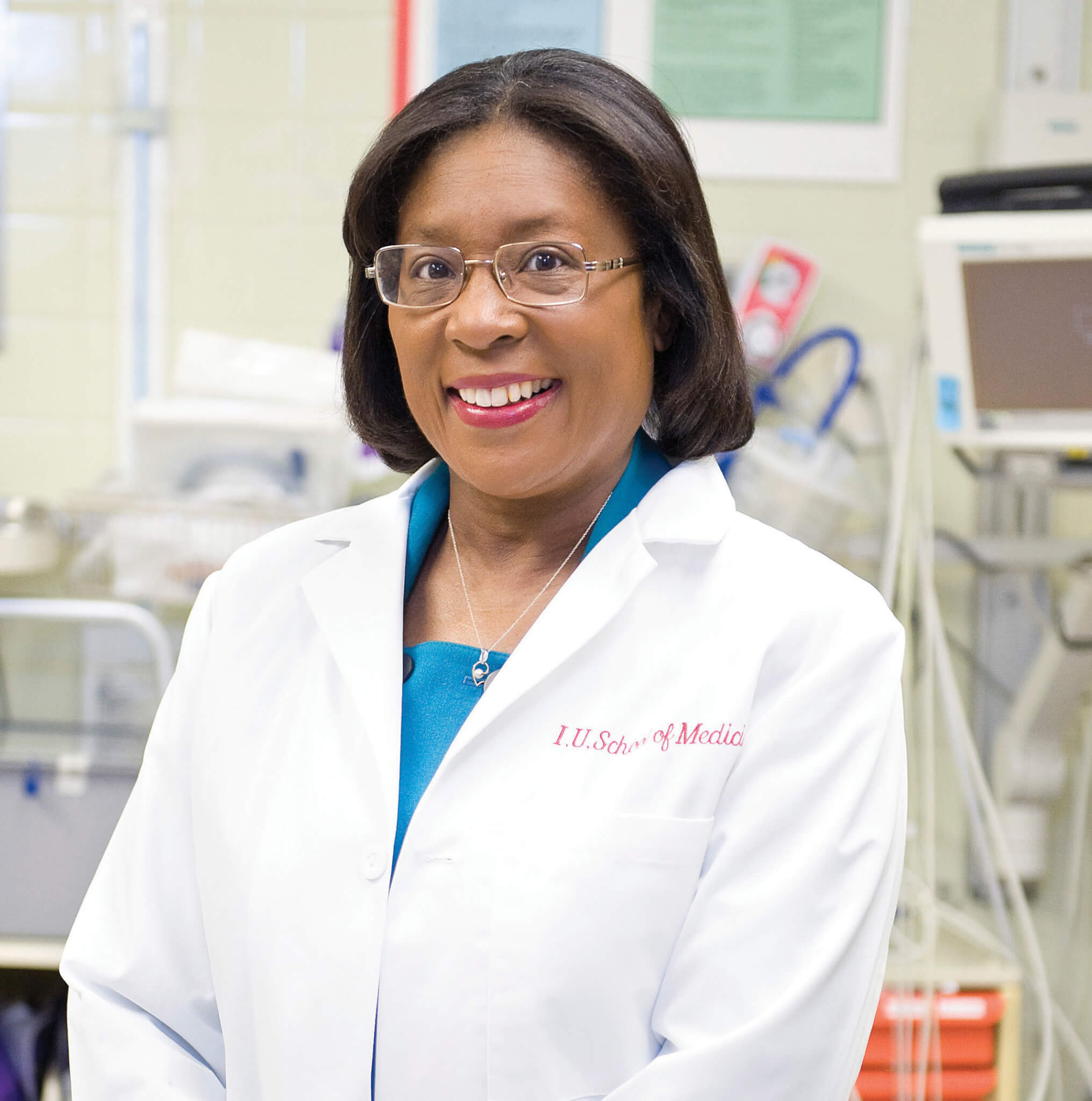Martin Luther King Jr. Diversity Awareness Week offers opportunities to focus on economic justice
By Chad Campbell
“We did a community health assessment recently and it’s surprising. It’s scary,” said Dr. Virginia Caine, director of the Marion County Public Health Department and Indiana University Bicentennial Professor. “Poverty and food insecurity is our second-largest issue.”
Caine also noted that one-in-five Lafayette children live in poverty, higher than the state average.
Purdue Agriculture and Health and Human Sciences will spotlight economic justice with daily public events throughout the 9th Annual Martin Luther King Jr. Diversity Awareness Week.
Caine, who previously served as president of the American Public Health Association, will give the week’s first presentation, explaining why poverty is a public health issue. “Even if you’re making minimum wage, you are not making a living wage,” Caine explained. “A single parent with one child must earn $22.66 an hour for a living wage in Indiana.” The state’s current minimum wage is $7.25 per hour.
Prioritizing food, clothing and shelter as basic needs, individuals with lower incomes may face poor health. “People will skip wellness care and medications so they can buy food,” said Caine.

According to Caine, improvements in agriculture can spark improvements in economic justice. “Increased agricultural productivity raises farm incomes. When that happens, it will increase food supply and reduce food prices. That provides greater employment opportunities in both rural and urban areas.”
On January 23, Timothy Bond, associate professor of economics in the Krannert School of Management, will moderate a discussion on the pursuit of economic and social justice in Tippecanoe County. Four community leaders will serve as panelists including Katy Bunder, executive director of Food Finders Food Bank; Dave Heckert, program director of Lafayette Urban Ministries; Jennifer Shook, development director of Lafayette Transitional Housing and Kara Boyles, prevention manager of Bauer Family Resources.
“Poverty, in general, is a misunderstood issue,” said Shook. “There are a lot of people and families who are barely scraping by – whether it’s food insecurity, housing insecurity or something else. When people have stress about getting their basic needs met, they are not going to be able to think or function normally. That creates opportunities for bad decisions, victimization and trauma – which just escalates the situation from bad to worse.”
“People are confused by the fact that the job market is very strong and every business is hiring,” said Bunder. “They may not be aware that many of the jobs available do not offer a living wage or enough hours to qualify for benefits and pay living expenses. Just a few miles from Purdue’s campus is the Food Finders food pantry, which serves 300 households each day. Many families and individuals would not have enough to eat without this resource.”